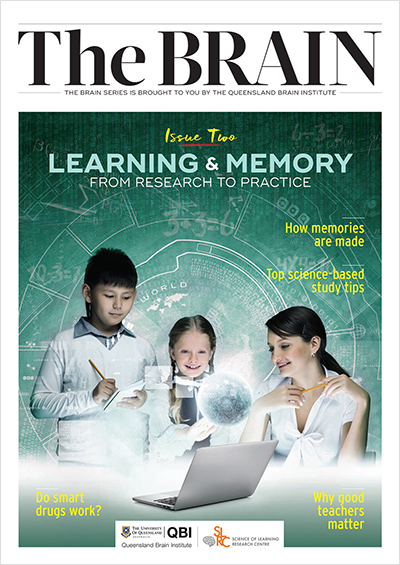Queensland Brain Institute scientists have discovered a new pathway in the brain that regulates the return of traumatic memories and fear.
The research has potential implications for treating trauma-related disorders, including post-traumatic stress disorder (PTSD).
QBI researchers Dr Roger Marek and Professor Pankaj Sah said the study describes a previously unknown mechanism of how the brain regulates fear within certain contexts.
"A common approach of cognitive-behavioural therapies to treat patients with trauma-related disorders such as PTSD is often done using exposure therapy, which is based on an experimental paradigm known as 'extinction learning'. This procedure aims to uncouple a stimulus from triggering a response – in this case, fear," said Dr Marek.
"Despite the success of these treatments in providing therapeutic relief to patients, extinction training does not totally erase traumatic memories, but rather suppresses its expression."
Previous research in both rats and humans has found that the fear 'relapses' under certain circumstances."
"We know that extinction memories are context dependent. For example, in people undergoing exposure therapy, extinction learning takes place within a clinical setting and has been found to lead to a relapse of the fear outside of the clinic.
"In our latest study, we found that abnormal neural communication between the hippocampus, a brain region crucial for memory storage, and a prefrontal structure known as the infralimbic cortex causes fear relapse.
"For this reason, understanding the neural circuits underlying the relapse of extinguished fear is critical so we can develop more effective therapies for conditions including PTSD."
The study, Hippocampus-driven feed-forward inhibition of the prefrontal cortex mediates relapse of extinguished fear is published in Nature Neuroscience.
The study was conducted in collaboration with researchers from the Texas A&M University.





